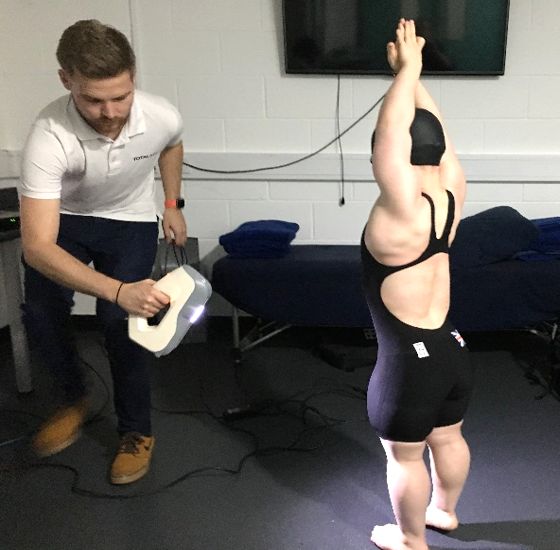By Jamie McPhee, Manchester Metropolitan University, @McpheeJS

As a physiologist and a Sport & Exercise Scientist, I am always keen to be involved in opportunities to showcase the importance of Sport and Exercise Science (SES) and the exciting, important research taking place. That’s why it has been a real pleasure to work with The Physiological Society’s staff, GuildHE and SES departments across the UK to develop the Sport & Exercise Science Education: Impact on the UK Economy report that is being launched by the Shadow Minister for Higher Education in Parliament today.
The report can be broadly categorised into two parts; a quantitative section and qualitative case studies. The quantitative section combines data compiled by the Higher Education Statistics Agency (HESA) and data on student numbers and demographics provided by UK universities and colleges. It is on this information that the report’s headlines are based – SES students currently employed in the workforce contribute £3.9 billion per annum in added income to the UK’s economy. They also contribute an additional £1.4 billion to the public purse over their working lives. In addition, the qualitative case studies provide insight into how this economic impact is translated into improved health and well-being at an individual and public health level, as well as recreational and elite level sports boosting local economies and providing greater job opportunities. Indeed, the data suggests that SES courses make a financial contribution to the UK economy equivalent to over 147,300 jobs.
Physiology is at the heart of the new testing methods and data we are using at Manchester Metropolitan University, in concert with our colleagues at the University of the Sunshine Coast in Australia, to better understand impairments affecting para-swimming competitors. By quantifying how different kinds of conditions and impairments affect technique, efficiency, drag, and power in competitive swimming, our research has created better definitions for the competitive classes in para-swimming.
The proposed revisions, including the use of 3D kinematic data and other forms of testing, offer an evidence-based classification currently being tested and evaluated by the International Paralympic Committee (IPC) to ensure that the IPC Classifications are kept up-to-date by the most accurate and rigorous science available in time for the Paralympic Games, hosted by Paris in 2024.
In addition to the work taking place at MMU, this project showcases case studies from other universities and colleges in this project offering SES courses, all of which can be read in the report. I hope that colleagues in the field will find the report’s conclusions useful in continuing to champion the economic and social benefits of SES in the UK.
